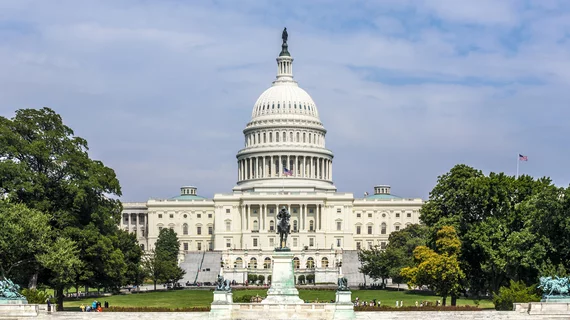Proposed legislation would extend coverage of telehealth services through 2024
Bipartisan legislation was introduced this week that would extend Medicare enrollees’ access to telehealth services regardless of what state they live in.
The Telehealth Extension and Evaluation Act would allow the Centers for Medicare & Medicaid Services to extend Medicare payments for a wide range of telehealth services, including substance abuse treatment, for two more years.
The bill would also commission a study on the effect of the pandemic telehealth flexibilities extended in this bill to better inform Congress’ work to make telehealth flexibilities permanent.
“Seniors across Nevada have benefited immensely from having access to a wide range of telehealth services throughout the pandemic, and we need to make sure they continue to have access to quality care from their homes” Sen. Cortez Masto, D-Nev., who is co-sponsoring the bill, said in a statement. “We’re still feeling the impacts of coronavirus, especially in older and more vulnerable populations, which is why these telehealth services must be extended.”
“The telehealth flexibilities put in place by Congress during the early days of the COVID pandemic played a critical role in allowing the most vulnerable Hoosiers to access care safely," co-sponsor Sen. Todd Young, R-Ind., added in a statement. “As Congress evaluates which changes to make permanent, many of these flexibilities are set to expire. We should act now to ensure seniors continue to benefit from these important remote healthcare services.”
Masto also introduced bipartisan legislation that would permanently expand access to telehealth services for Americans with high-deductible health plans as well as legislation to ensure Medicare Advantage enrollees can access affordable telehealth during the pandemic, even if they can only make an audio connection to providers.
Senator Young has introduced legislation designed to improve healthcare for expectant mothers, and to support mental health and addiction services.
